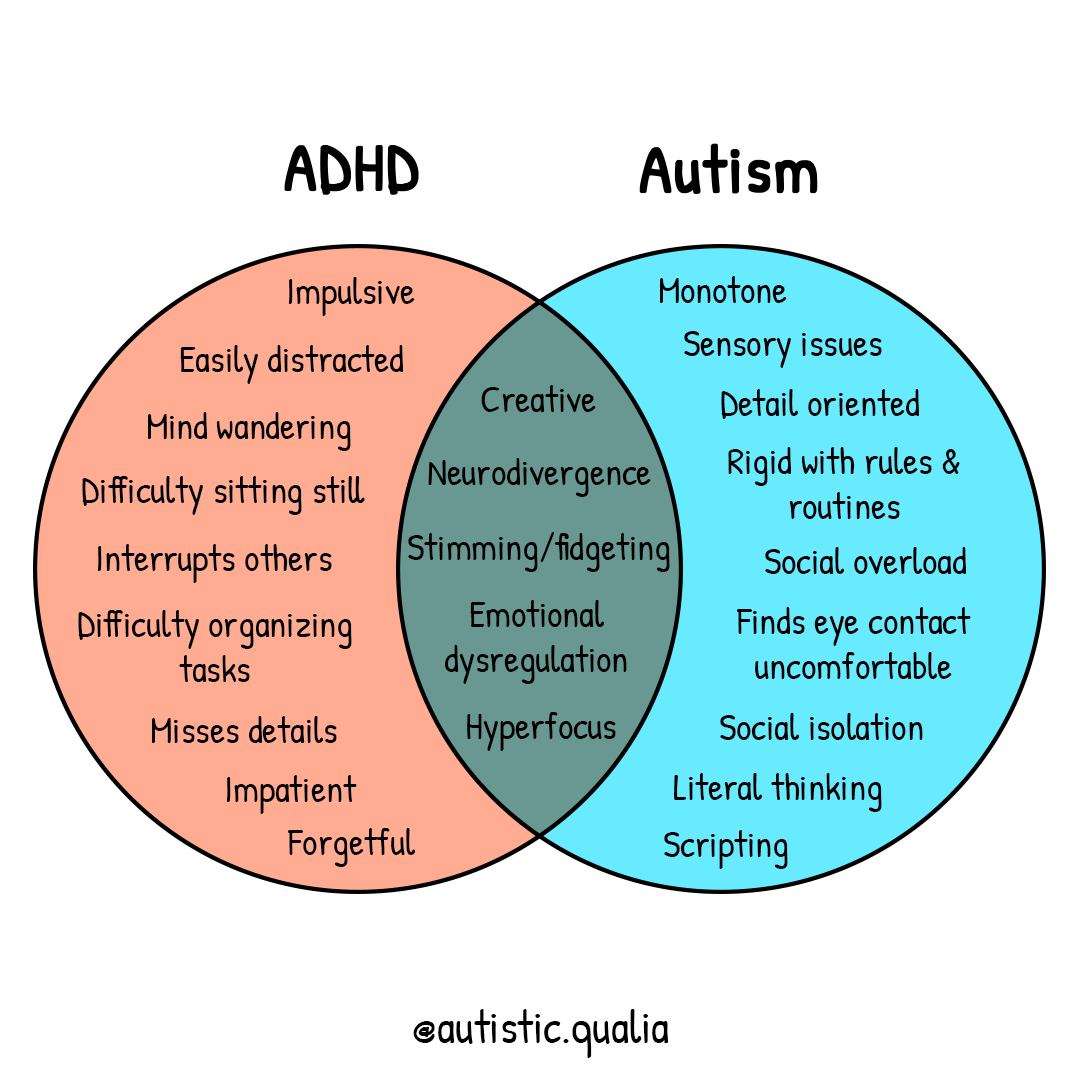Alcoholism, ADHD and ASD

Author notes from Soul by Liz Shipton
The co-occurrence of mental health issues with Substance Use Disorder (SUD) is well-known in the psychiatric community. While researching this book, I came across multiple studies that showed that people with ADHD or ASD (or both, as is often the case) are at an elevated risk for substance abuse.
There are many reasons for this. Some are easy to understand—alcohol is a social lubricant, so it makes sense that it would be incredibly appealing to people who already struggle with social interactions.
Other links between ADHD, ASD, and alcohol are more nuanced. Young people with mental health issues often struggle in school, which can lead to feelings of inadequacy and create a foundation for substance abuse in later life. Sometimes, the issue is purely chemical: alcohol disrupts communication between the brain and the senses, making it an effective “sensory number” for people who frequently experience overwhelming stimuli from the world around them.

Interestingly, it is often people with mild cases of ASD who are more likely to struggle with substance abuse or addiction. This is because very severe ASD symptoms tend to override the benefits attained through alcohol use.
Readers who know me well are aware that the character of Bird Howsley is extremely autobiographical. All of her self-talking, nail-biting, heavy-drinking, vehicle-wrecking, dog-rescuing, intolerable-asshole-being, self-sabotaging tendencies are very much based on my personal experiences. These books have been a way for me to process not only our journey down the Pacific Coast over the last two years, but my own personal journey to sobriety during that time as well.

It wasn’t until I reached my mid-thirties—and realized that the hangovers and drunken fits of screaming were getting less cute by the day—that I looked back on my late teens and twenties and discovered behavioral patterns that concerned me. It’s easy to brush these kinds of things off while they’re happening—to assume that everyone experiences what you experience and to downplay the severity of your behavior.
But when you wake up one morning as a nearly thirty-five-year-old woman to be told by your long-suffering boyfriend that you nearly burned the boat down last night, and that if things don’t improve quickly you may find yourself out on your ass in the middle of the Turf, you tend to start taking your problems more seriously.
I have not been diagnosed with ADHD or ASD. Those facets of Bird’s personality came together through research while I was writing the book. Having done that research, I do feel as though some light has been shed on my own relationship with alcohol, and it’s possible I may seek a diagnosis in the future.

It was important to me that Bird’s mental health be something to be taken seriously and not be mistaken for a “trend.” This is not a girl who “has ADHD” because she forgets her keys and doesn’t enjoy sitting at a computer all day. Those are not mental health issues: that is just being a human. Bird’s problems are much more severe.
This is a girl who is nearly causing shipwrecks. Who is drunk at school in the middle of the day. Who bites her nails so badly she cannot use her own hands. Who gets expelled. Who has no friends. Who continuously puts herself and the people around her into dangerous situations. Who engages in risky sexual behavior. Who contemplates suicide.
All of this is to say that mental health and addiction are tricky subjects to talk and write about. Almost as tricky as climate change, inequality, racism, sex, gender identity, and the looming specter of the tech industry. I hope these books have touched on these subjects in a way that felt fun and not too heavy-handed. If you’ve made it this far, thanks for reading, and sorry for dumping all my anxieties on you.
Maybe the next book can just be a rom-com or something ¯\_(ツ)_/¯